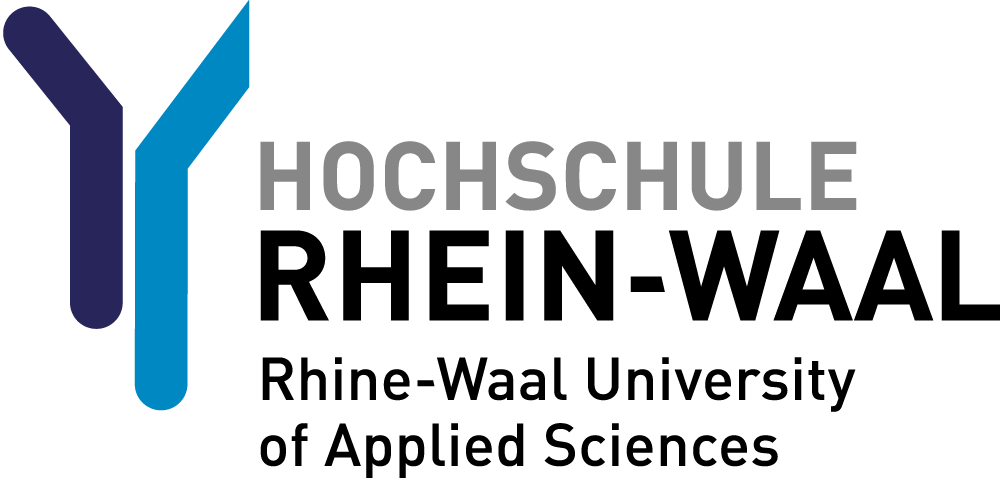Krause, A. F., Essig, K., Wild-Wall, N., Ressel, C. (2024), A proposal for the concept of Pro-adaptive Cognitive Assistive Technology. (Abstract HFES).
Title
Krause, A. F., Essig, K., Wild-Wall, N., Ressel, C. (2024), A proposal for the concept of Pro-adaptive Cognitive Assistive Technology. Abstract, accepted at Human Factors and Ergonomics Societey Europe (HFES).
Abstract
Assistive Technology is becoming an integral part of our daily live, supporting people in different areas, for example while driving a car or cognitive demanding tasks at work or home. Yet, existing Assistive Technology often only considers the current situational context and capabilities of a user. Here, we propose the concept of “Pro-adaptive Cognitive Assistive Technology” (Pro-CAT), that adapts to predictable, temporal changes in the users capabilities and contextual situation (e.g., general ageing processes, an expected course of a disease, learning progress during skill aquisition or environmental changes). Pro-CAT can have several advantages:
- Better adaption of the users to the system in case of prospectively declining cognitive abilities;
- Avoidance of “over-assistance” which could lead to unlearning of skills and incapacitation;
- Predictive assistance might delay the onset of disability and increase acceptance rates. Among other components, a Pro-CAT requires a prognostic module that includes an individual ability model to prospectively predict typical learning, ageing and disease processes. A promising foundation to implement Pro-CAT is the “Human Digital-Twin” concept [1,2] that strives to model all relevant aspects of a human user and updates its parameters according to observed changes over time.
[1] Miller, M.E. and Spatz, E. (2022). A unified view of a human digital twin.
[2] Yujia Lin, Liming Chen, Aftab Ali, Christopher Nugent, Cleland Ian, Rongyang Li, Dazhi Gao, Hang Wang, Yajie Wang, Huansheng Ning (2022). Human Digital Twin: A Survey
